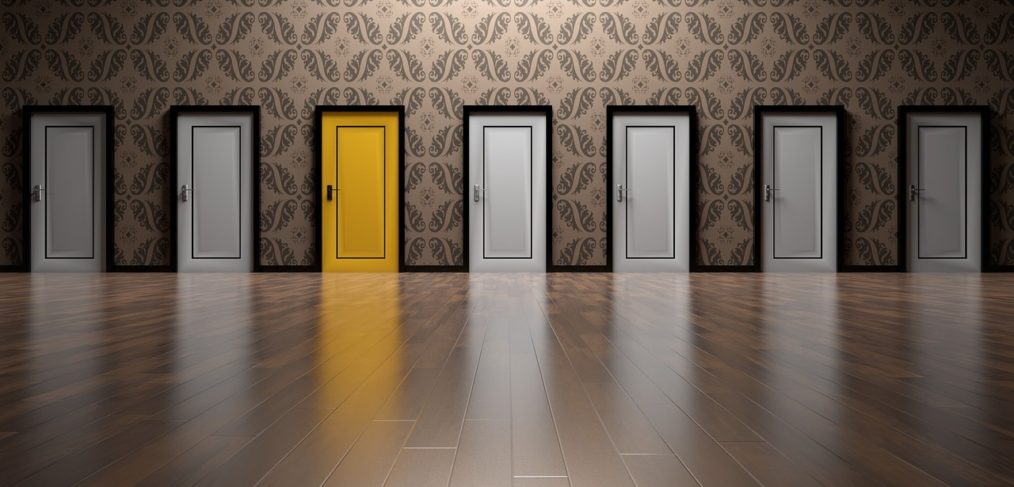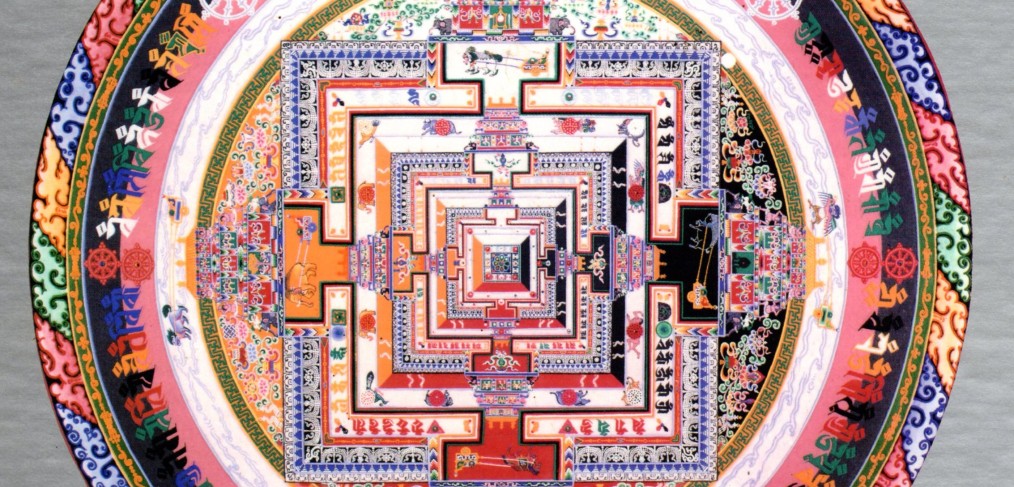As we awaken it is important for us to understand that we are working with 3 very important concepts that create our current life circumstances:
* Soul Contracts
* Free Will and Karma
* Subconscious Beliefs and Program
Soul Contracts are put in place before we incarnate. We go through a process of pre-birth planning where we choose our core soul lessons and things we want to master in a specific lifetime. During this time we also choose our parents, our sexual identity, our ethnicity and all of the major aspects of our lives. Soul contracts are not set in stone and are changing all the time as we use our own free will to evolve or devolve our souls. When we learn and master certain lessons, new contracts are created and old contracts dissolve as we journey through our lives.Free Will and Karma
Through the use of our free will we create karma. Karma is not punishment. Karma is simply off pitched vibrations in our energy fields that occurs when we go against universal laws. Because we have free will, we can choose to go against the advice of our higher self. Unresolved karma is held within the chakra system and it lowers our vibrations. When we decide to face God/dess we will face the SELF and the karmic distortions in our chakra system will rise to the surface for us to balance and transcend. As we heal our karma, our vibrations rise, and our lives become more abundant and harmonious because our connection to our internal guidance system gets stronger as we are able to tap into a heightened flow of spiritual energies from our higher selves. Eventually, when 51% of our karma has been cleared from our chakra systems, our very high vibrational higher selves or christ selves (that reside in a higher vibrating dimension within our energy fields) will be able to safely merge with our physical beings and we will become ONE activating unity consciousness or christ consciousness within ourselves.
In addition to soul contracts and free will/karma, our soul also contains subconscious beliefs that create our current life circumstances. When we heal and transcend our negative, fear-filled, egoic, subconscious beliefs – the quality of our life changes as well. Conscious and unconscious beliefs and strong emotions, held over a long period of time, become subconscious programs that run our lives. Many of these subconscious programs come from the past lives of our very own soul, were inherited from our genetic lineage, or we picked up them up in this lifetime from the mass consciousness or from our childhood. The good thing about beliefs is they can be changed.However, it is the unconscious beliefs that we hold that oftentimes wreak havoc in our lives because we are not even aware that we have them. In order to bring these beliefs to the surface for healing, our higher selves will create certain circumstances with us and other souls for us to SEE ourselves.
If we are open and willing to transcend ourselves, and we allow ourselves to be brutally self-honest about our inner workings, we will be able to transform these unconscious beliefs into something more positive and life affirming for ourselves and those we interact with simply through the process of becoming conscious of them and choosing to believe and behave differently. Affirmations, DNA Theta Healing and many other healing modalities that deal with Belief Work and Subconscious Programs will really help us discover the inner currents within us that continue to attract unwanted circumstances in our lives.
As we master our soul contracts and evolve our personalities out of our negative, egoic, repetitive behavioral patterns – our vibrational frequency rises.
When we use our free will to work with universal laws and we clear our negative karma through the process of soul alchemy (turning our darkness into light) in addition to generating good karma through positive creations, we gain more light and a higher vibrational frequency. Likewise, as we clear negative subconscious beliefs and programs based on fear, duality and separation consciousness our energy fields will shift and change and our energy will rise in vibration and begin to attract to us what we truly desire.










